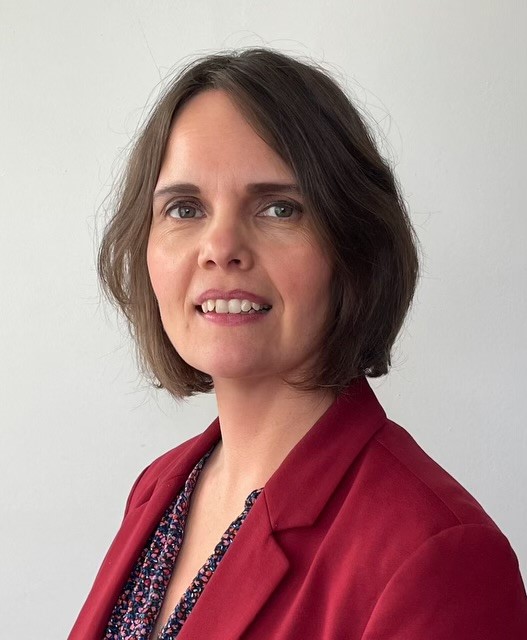Merel Schuring
Assistant Professor
Research group
Occupational health
Merel Schuring is dedicated to reducing socioeconomic health inequalities by promoting sustainable employment participation. Her research explores the interplay between health, employment, and socioeconomic inequalities, focusing on how chronic diseases, mental health problems, and working conditions influence employment participation and health over the life course.
As an expert in quantitative research methods, she applies advanced analytical techniques, such as difference-in differences analyses, multilevel models, and propensity score matching. These methods are used to evaluate health promotion programs for social benefit recipients (e.g., Bewegen Werkt) and interdisciplinary employment programmes for unemployed individuals with mental health challenges (e.g., Werk als Beste Zorg).
Merel strongly believes in the importance of qualitative research methods to better understand the lived experiences of various social groups. Therefore, her research group conducts mixed-methods studies that combine quantitative approaches with qualitative methods, such as interviews and focus groups. Recent projects include i) exploring the experiences of young adults facing school dropout and ii) examining the barriers and facilitators perceived by employers in hiring individuals with disabilities.
Research themes
- Enhancing employment opportunities for individuals with disabilities through inclusive hiring practices by employers.
- Supporting employees with health challenges in maintaining employment.
- Preventing unemployment among young adults by facilitating their transition from education to employment.
Research methods
- Advanced statistical techniques for causal inference.
- Mixed-methods approaches that combine quantitative data with qualitative insights.
- Realist evaluation methodologies to understand how interventions operate in real-world settings.
Merel’s work is highly collaborative, involving multidisciplinary teams across public health, psychology, and economics. By co-producing knowledge with stakeholders, including policymakers and employers, she ensures her findings contribute to the development of actionable strategies and evidence-based policies.
m.schuring@erasmusmc.nl
Erasmus Medical Center Rotterdam
Internal post address Na-2401
P.O. Box 2040
3000 CA Rotterdam
Re-integratie OP MAAT: wat werkt voor wie? Onderzoek gericht op verbetering van 2e spoor re-integratie in de bouw en ouderenzorg (2023-2027) UMCG & Erasmus MC. ZonMW Verbetering re-integratie tweede spoor
Een lerend netwerk van bedrijven als antwoord op de vraag naar verbetering re-integratie tweede spoor (2023-2027) Tilburg University & Erasmus MC. ZonMw Verbetering re-integratie tweede spoor.
Een lerende evaluatie met werkgevers en werkgeversdienstverleners gericht op een duurzame werkrelatie voor mensen met een arbeidsbeperking (2023-2027) ZonMw Bevorderen van werken met een arbeidsbeperking
Duurzaam aan het werk met een extra ondersteuningsbehoefte in het Erasmus MC (2023-2024) Erasmus MC Sofokles subsidie
Optimization and evaluation of “Bewegen Werkt” (2020-2024) ZonMw Preventieprogramma: Effectonderzoek Lacunes
Rotterdamse Jongeren Zichtbaar (2023-2024) SPRING Living Lab – Gemeente Rotterdam
Het effect van Werk als beste Zorg op duurzame arbeidsparticipatie en gezondheid van uitkeringsgerechtigden met psychische problemen (2018-2022) ZonMw Vakkundig aan het Werk
Re-integratie in BOLD Cities I (2017-2020) ZonMw Vakkundig aan het Werk – Big data en re-integratie
Re-integratie in BOLD Cities II (2021-2023) ZonMw Vakkundig aan het Werk – Big data en re-integratie 2020
Medical curriculum at Erasmus MC Rotterdam
- Master Sociale geneeskunde
- Bevorderen werkvermogen en Preventie
Erasmus University Rotterdam
- Minor Werk en Gezondheid
- Werk en Gezondheid
Netherlands Institute for Health Sciences (NIHES)
- Public health across the life course
- Health and the working life course


